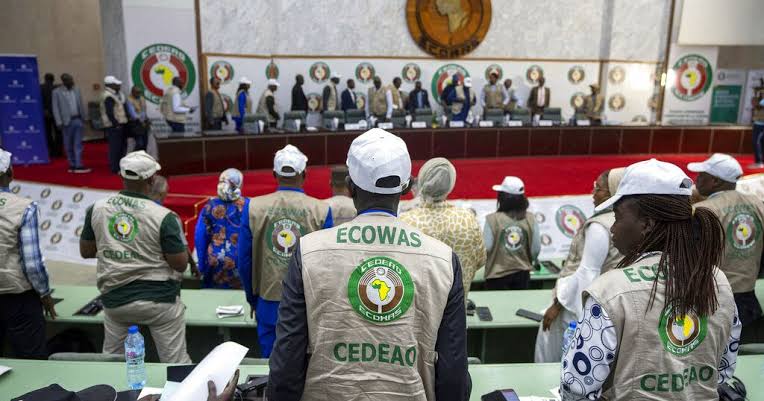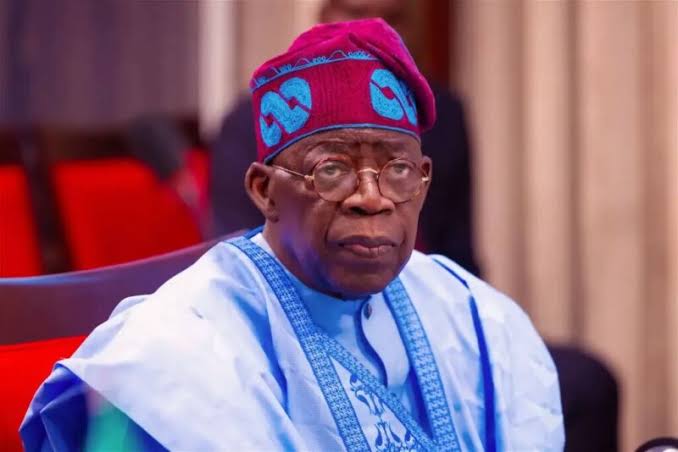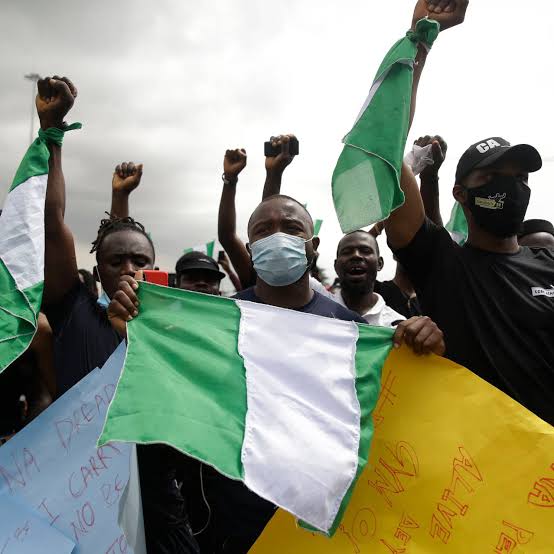What to know as Niger, Burkina Faso & Mali exit ECOWAS

The Economic Community of West African States (ECOWAS) has faced a significant blow as Niger, Mali, and Burkina Faso, three founding member nations, have announced their withdrawal from the bloc.
The junta-led governments, already suspended from ECOWAS, cited the bloc’s alleged abandonment of founding principles and failure to address the increasing threat of jihadist violence as key motivations. This separation raises concerns about regional stability, democratic governance, and the influence of foreign powers in West Africa.
Divergence from Founding Ideals
In a simultaneous broadcast across the three countries, the governments’ joint statement highlighted ECOWAS’s departure from the spirit of Pan-Africanism and its increasing reliance on external powers. The decision to withdraw, framed as a “sovereign decision,” reflects their frustration with ECOWAS’s inability to address the pressing issue of jihadist violence that has plagued their respective nations.
Tensions between ECOWAS and the Junta-led Governments
The strained relationship escalated after military coups took place in Niger, Burkina Faso, and Mali. ECOWAS has consistently called for a return to civilian rule, imposing sanctions and urging negotiations. However, the military leaders argue that security must be restored before organizing elections, as jihadist insurgencies pose significant threats linked to al Qaeda and the Islamic State.
External Power Influences
The junta-led countries have taken steps to distance themselves from former colonial power France, fostering closer ties with Russia. These shifts in alliances were further solidified through the establishment of The Alliance of Sahel States, a mutual defense pact, in September. The military leaders claim that external influences have shaped ECOWAS’s direction, adding to their standoff with the bloc.
Transition Plans and Electoral Delays
Niger’s military leaders have proposed a transition period of up to three years before returning to civilian rule, aiming to restore security. In Mali, the military government’s commitment to holding elections in February has been delayed indefinitely. Burkina Faso, set to hold elections this summer, faces the challenge of balancing electoral preparations with the ongoing fight against insurgents.
ECOWAS Response and Political Impasse
While ECOWAS acknowledged the three countries’ importance and expressed willingness to find a negotiated solution, it emphasized that it had not received any formal notification of the withdrawal. According to the Ecowas treaty, a one-year notice is required for withdrawal, during which member states must adhere to the bloc’s provisions. Despite diplomatic efforts, negotiations have faltered, prolonging the political impasse.
The withdrawal of Niger, Mali, and Burkina Faso from ECOWAS signifies a major setback for regional cooperation, democratic aspirations, and security efforts in West Africa. The decision amplifies concerns about the influence of external powers, the ability to combat jihadist violence, and the consequences of strained diplomatic relations.
READ ALSO: The Coup in Mali versus elections in Nigeria
As the bloc navigates these challenges, finding a resolution that balances democratic principles, regional stability, and security must remain a top priority for the future of West Africa.




